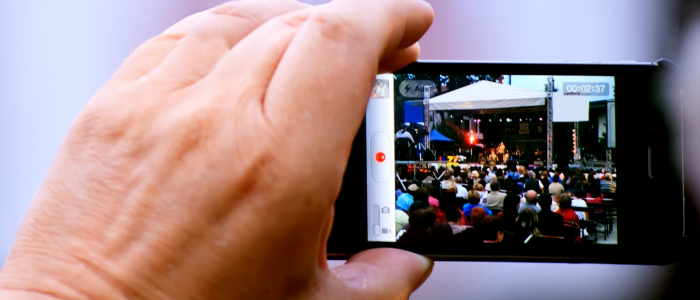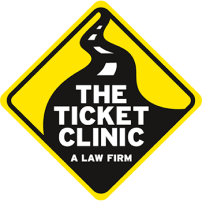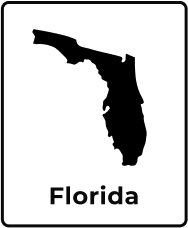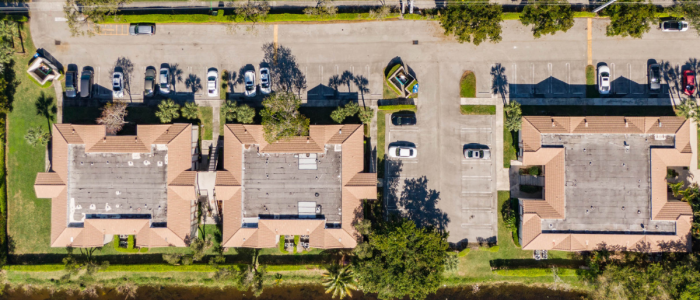
Is It Illegal to Film Police in Florida?
From new stories that highlight how interactions with police officers can get out of hand to your own personal concerns about protecting your rights, it’s natural to wonder whether or not you can film police in Florida. Remaining calm at any scene with a police officer is important for minimizing the chances of an unnecessary escalation. However, people are increasingly concerned about whether or not it’s okay to film police in Florida so that they have a solid piece of evidence if needed in the future.
If you’re pulled over for a driving infraction or witnessing someone else get arrested in a public place, you need to know the rules.





